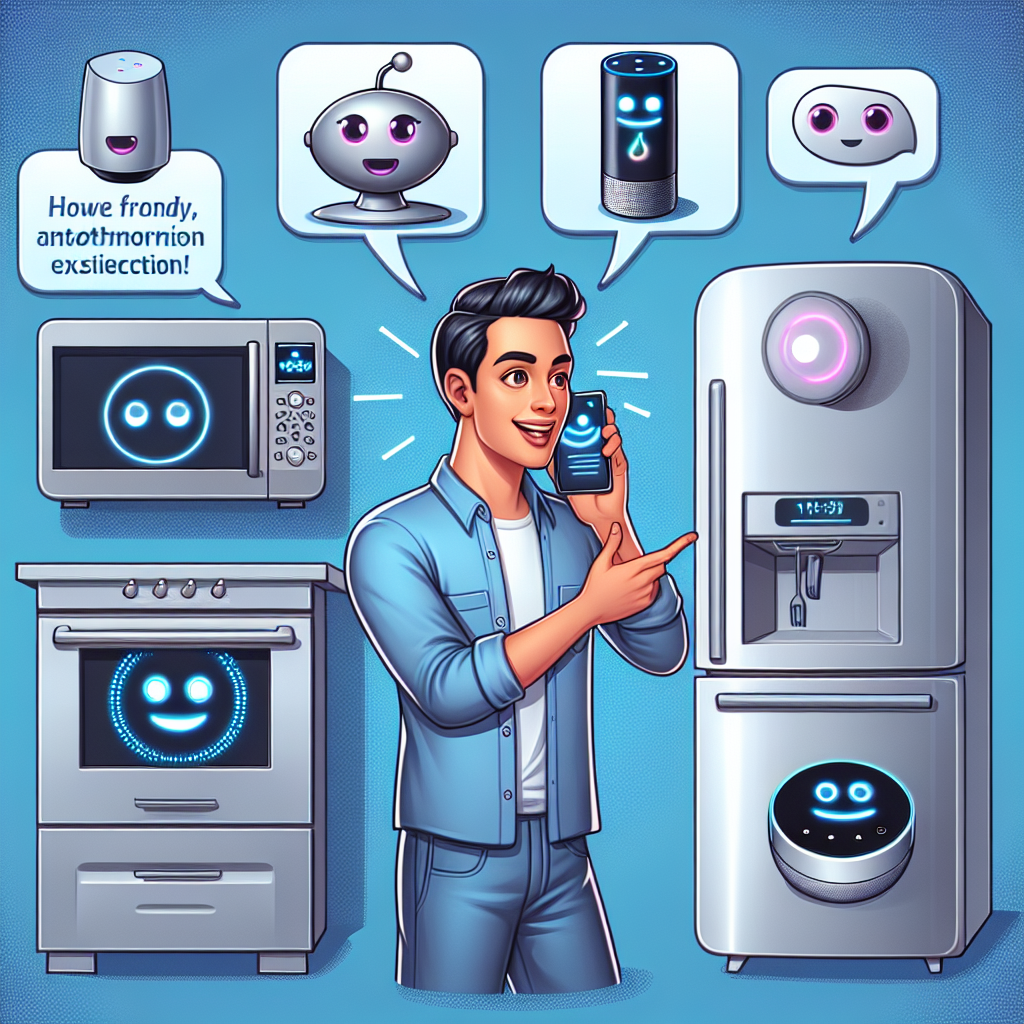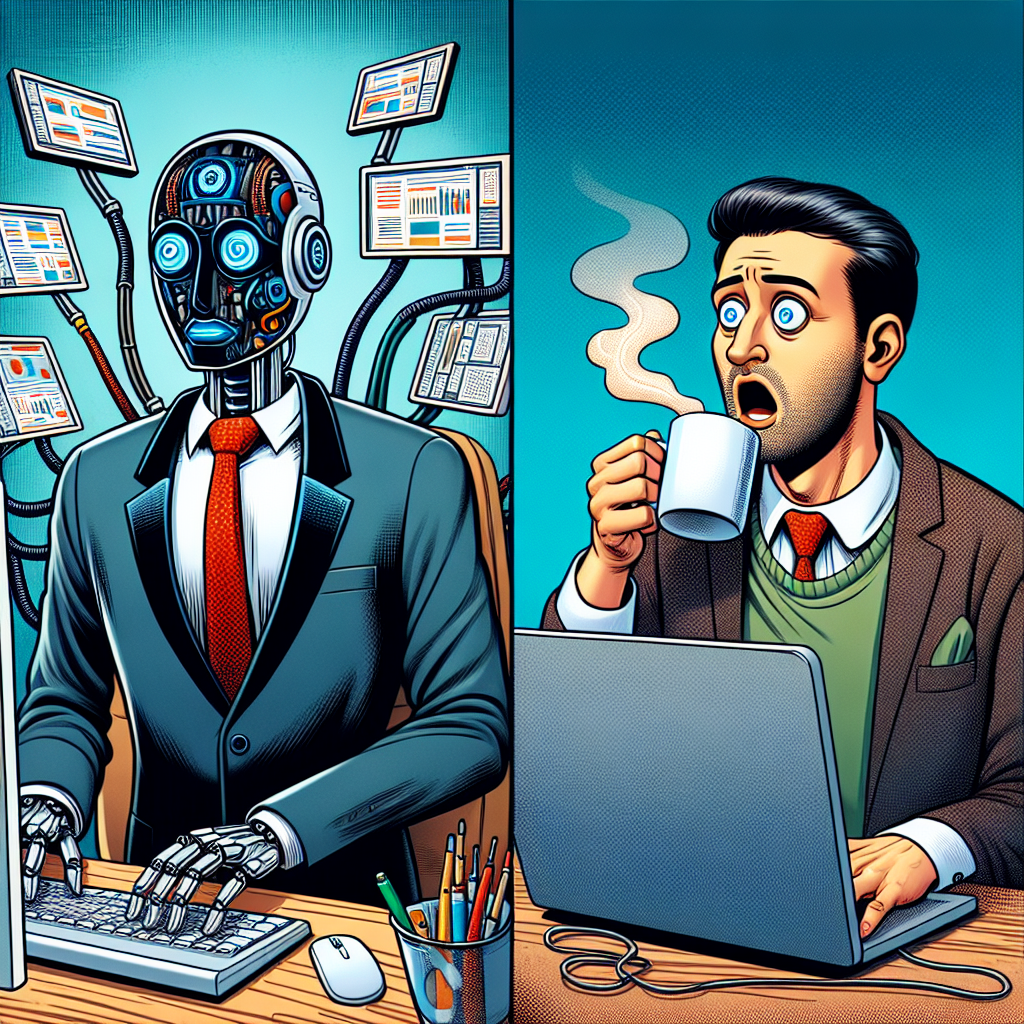Remember when creating software was exclusively for coding experts? Those days are rapidly becoming history. Today, we’re witnessing a revolutionary shift that’s putting powerful AI application development capabilities into everyone’s hands – regardless of their technical background.
AI SaaS Creation Platforms are transforming how we think about software development, making it accessible to individual entrepreneurs, small business owners, and non-technical innovators alike. These platforms are breaking down the traditional barriers that once kept great ideas locked away in the minds of those who couldn’t translate them into functional applications.
“I had this amazing idea for an AI-powered inventory management system, but I always thought I’d need to hire expensive developers to make it happen,” says Maria, a small retail business owner. “With an AI SaaS Creation Platform, I built it myself in just two weeks. It’s already saving me hours of manual work every day.”
Stories like Maria’s are becoming increasingly common as these platforms evolve, allowing users to create sophisticated AI applications through intuitive, visual interfaces rather than complex code. This democratization of technology aligns perfectly with the growing need for customized solutions in our rapidly evolving digital landscape.
Democratizing AI Development for Everyone
The emergence of Low-Code Platforms specifically designed for AI application development represents a significant shift in how we approach technology creation. These platforms strip away the complexity traditionally associated with AI implementation, replacing lines of code with intuitive drag-and-drop interfaces and pre-built components.
What makes this revolution particularly powerful is how it’s opening doors for diverse perspectives in AI development. When people who intimately understand specific industry challenges can directly build solutions – without needing to translate their knowledge to a development team – the results can be transformative.
According to recent research by Gartner, by 2025, low-code development will account for more than 70% of application development activity, up from just 20% in 2020. This explosive growth isn’t just about convenience – it’s about fundamentally changing who gets to participate in building our digital future.
For individual entrepreneurs and small businesses, these platforms offer a level playing field. Suddenly, a brilliant idea paired with industry expertise is enough to create competitive software solutions that previously would have required significant technical resources and investment.
AI Applications Transforming Industries
The impact of accessible AI development spans virtually every sector of our economy. Let’s explore how these user-friendly platforms are enabling transformation across different industries:
In Healthcare: Non-technical medical professionals are creating AI applications that analyze patient data to predict treatment outcomes or streamline administrative workflows. A nurse practitioner recently developed an application that automatically categorizes and prioritizes patient messages, reducing response times by 65%.
In Manufacturing: Factory floor managers are building customized AI monitoring systems that predict equipment failures before they happen. These solutions, created by the people who understand the machinery best, are reducing downtime and maintenance costs dramatically.
In Finance: Financial advisors without coding backgrounds are developing personalized client assessment tools that use AI to analyze risk tolerance and investment preferences, delivering more tailored financial guidance.
What’s particularly striking about these examples is that they represent solutions built by industry practitioners rather than software developers. The intimate knowledge these professionals have about their field’s challenges leads to more targeted, effective applications.
This paradigm shift is fueling Intelligent Collaboration between humans and AI systems. Rather than generic, one-size-fits-all solutions, we’re seeing the emergence of highly specialized AI digital workers tailored to specific operational needs.
Customizable AI Digital Workers: Your Virtual Team Members
The concept of AI digital workers represents one of the most promising aspects of this revolution. These are not simplistic automation tools but sophisticated AI assistants that can handle complex workflows with minimal human intervention.
What makes these digital workers particularly valuable is their customizability. Using AI SaaS Creation Platforms, users can build virtual team members specialized for their unique business requirements:
- A content marketing agency might create an AI digital worker that researches topics, drafts articles, and even suggests SEO improvements
- A real estate office could develop a digital assistant that screens property listings, schedules viewings, and follows up with potential buyers
- A healthcare practice might build a virtual intake specialist that handles appointment scheduling and preliminary patient information gathering
The flexibility of these platforms means that digital workers can evolve alongside business needs. As workflows change or new requirements emerge, users can modify their AI assistants without waiting for software updates or developer availability.
This approach to AI implementation embodies Zygote.AI’s core philosophy that technology should adapt to people, not the other way around. By making AI tools user-friendly and customizable, these platforms ensure that solutions reflect the unique needs of each user rather than forcing standardized approaches.
Personal Use AI Products: Solving Your Unique Challenges
Beyond business applications, the democratization of AI development is creating a surge in personal use AI products designed to address individual challenges and enhance daily life.
Consider how an individual might use these platforms to create custom solutions:
- A parent of a child with special needs could develop an AI communication assistant tailored to their child’s specific communication patterns
- A fitness enthusiast might build a personalized workout analysis tool that adapts to their unique goals and physical limitations
- A student could create a study assistant that aligns with their learning style and academic focus areas
The ability to create these highly personalized tools represents a significant departure from traditional software development, where economic viability often required broad appeal. Now, solutions can be valuable even if they serve just a single user’s needs.
This transformation is creating what Zygote.AI envisions as a future where everyone can innovate without technical limitations. The focus shifts from “Can I build this?” to “What problem do I want to solve?” – a profound change in how we approach technology creation.
Sharing and Selling AI Solutions: The New Creator Economy
As more people develop custom AI applications, we’re witnessing the birth of a vibrant marketplace for sharing and selling these solutions. This creates exciting opportunities for entrepreneurs who can identify niche needs and develop targeted applications without massive development teams.
“I developed an AI appointment scheduling system for my small dental practice,” explains Dr. James, a dentist turned entrepreneur. “Other dentists kept asking to use it, so I refined it and now sell subscriptions. It’s become a significant second income stream.”
This ecosystem of user-created AI applications is fostering innovation in ways traditional software development never could. Solutions are emerging for previously underserved markets and specialized use cases that larger companies might overlook as too niche.
The economic potential is substantial. According to industry analysts, the market for vertical-specific AI applications is expected to grow at a compound annual rate of over 35% through 2027, creating opportunities for creators at all levels of technical ability.
Platforms like Zygote.AI that emphasize an open marketplace approach are particularly valuable in this context. They not only provide the tools to create AI applications but also facilitate connection between creators and potential users, completing the ecosystem necessary for this new economy to thrive.
AI Agent Technology: The Power Behind the Revolution
At the heart of this transformation is the evolution of AI agent technology – intelligent, semi-autonomous systems that can understand natural language, make decisions, and execute complex tasks. These agents form the foundation of what makes today’s low-code AI platforms so powerful.
Unlike traditional software that follows rigid, predefined pathways, AI agents can adapt to changing conditions and learn from interactions. This flexibility makes them ideal components for user-friendly development platforms, as they can deliver sophisticated capabilities without requiring users to program every potential scenario.
Modern AI agents can:
- Understand and generate human language naturally
- Process and analyze various data types (text, images, numbers)
- Make contextual decisions based on multiple inputs
- Integrate with existing systems and databases
- Learn and improve from feedback and usage patterns
When these capabilities are packaged into accessible development environments, the result is a platform where users can assemble powerful applications by configuring how these agents interact rather than programming their underlying functionality.
This represents a fundamental shift from traditional development, where creating even basic intelligence required extensive coding knowledge. Now, the intelligence is built into the platform, allowing users to focus on applying it to their specific needs.
Workflow Automation: From Manual to Fully Automated
Perhaps the most transformative application of these accessible AI tools is in workflow automation – the ability to create end-to-end processes that require minimal human intervention.
Traditional automation typically focused on simple, repetitive tasks. Today’s AI-powered workflow automation can handle complex sequences that involve decision-making, content creation, data analysis, and more. This evolution represents a quantum leap in what non-technical users can accomplish.
Consider a content marketing workflow that traditionally required multiple specialists:
- Researching trending topics
- Writing draft content
- Creating supporting visuals
- Reviewing for quality and accuracy
- Publishing to various platforms
- Analyzing performance
Today, a marketing manager without coding skills can use an AI SaaS Creation Platform to build a workflow that handles all these steps with minimal oversight. The system can autonomously select topics based on trends, generate high-quality content, create illustrations, conduct reviews, and even publish promotional materials.
This level of automation doesn’t just save time – it fundamentally changes what’s possible for small teams and individual entrepreneurs. Suddenly, operations that once required substantial staff can be handled efficiently with fewer resources, leveling the playing field between small and large organizations.
The Future: User-Friendly AI Tools for Everyone
As we look toward the future, the vision championed by companies like Zygote.AI – where anyone can turn their ideas into sophisticated AI applications – is becoming reality. This transformation promises to redistribute innovation potential across society, enabling great ideas to emerge from unexpected sources.
The most exciting aspect of this revolution isn’t just what it means for technology development, but what it means for human creativity and problem-solving. When the technical barriers to implementation are removed, we create space for a diversity of perspectives and solutions that might otherwise never see the light of day.
For individual entrepreneurs, small businesses, and developers alike, these platforms offer unprecedented opportunities to create, innovate, and solve problems. The question is no longer whether you have the technical skills to build something meaningful, but whether you have the vision to imagine what’s possible.
In this new landscape of accessible AI development, the future belongs to those who can identify needs, envision solutions, and leverage these powerful new tools to bring their ideas to life. And thanks to AI SaaS Creation Platforms, that future is open to everyone.









